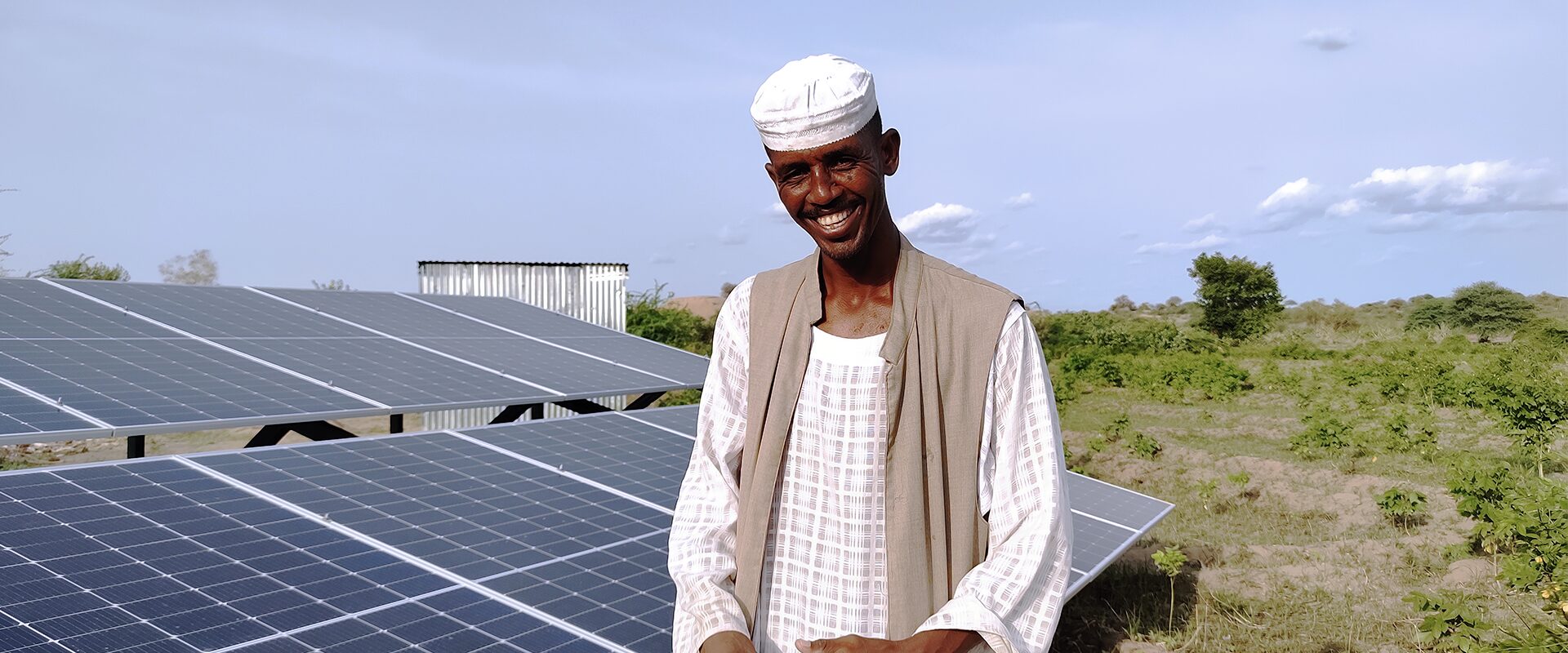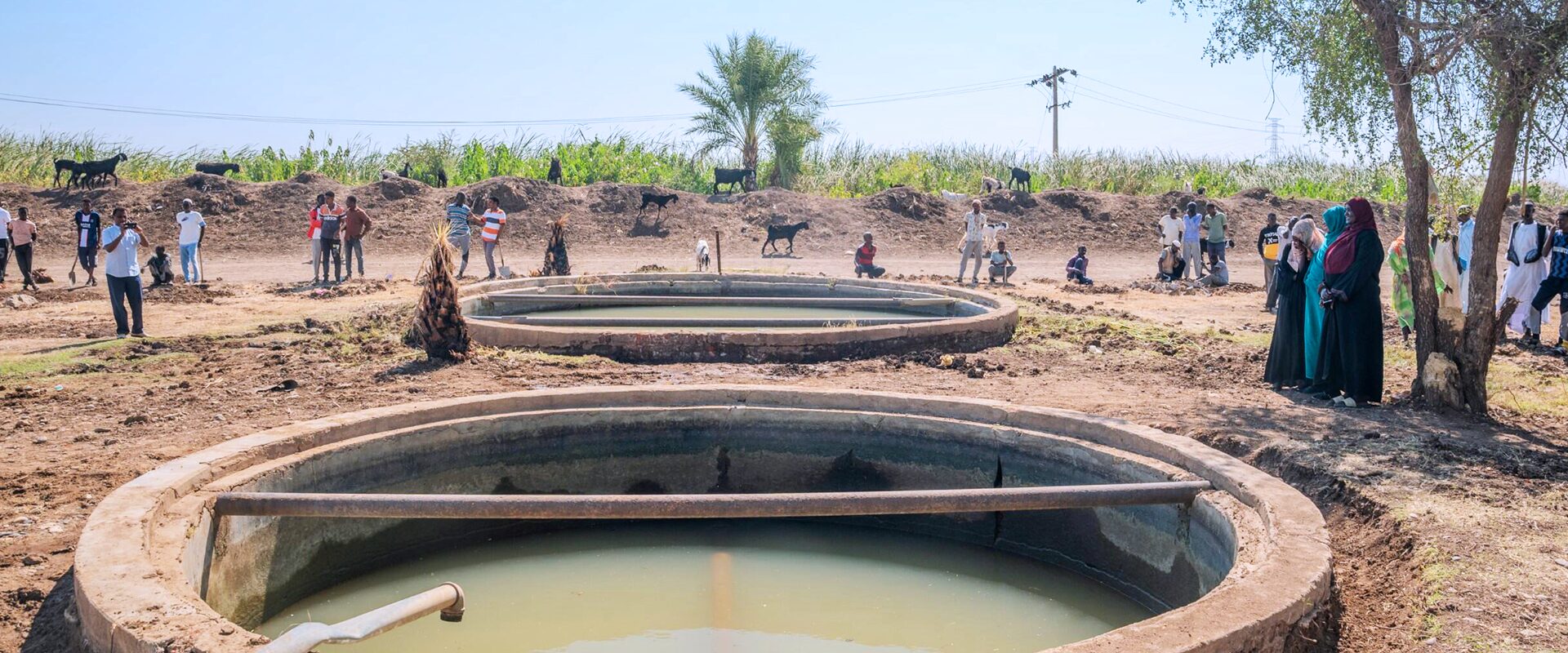Kassala State is rich in livestock, with millions of cattle and poultry supporting local livelihoods. Yet, compounding challenges, including conflict and displacement, have made it harder for communities to thrive. Many producers face limited access to resources and markets, creating an urgent need for support.
Feeding the future: Strengthening livestock and livelihoods in Kassala

March 2024 – September 2024
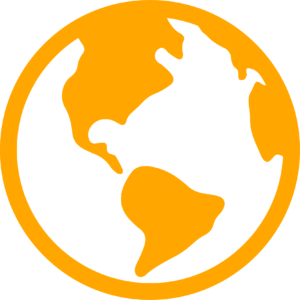
Sudan
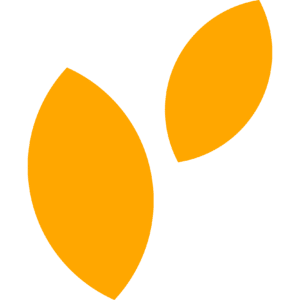
Resilience that protects
Critical needs, transformative potential
Kassala State is home to one of Sudan’s largest livestock populations, with around 8.7 million cattle and one million poultry. Nearly half of the local pastoralists depend entirely on livestock for their livelihoods. Yet, at the same time, the region faces tough economic challenges, made worse by recent conflicts and an influx of over 500,000 internally displaced people. Many livestock producers struggle to access key resources, market information, and veterinary care. These obstacles keep productivity low and contribute to food insecurity and limited income. It’s clear that focused support is urgently needed to help these communities build resilience and thrive.
Project overview
Full title: Livestock-Food Systems Development (LFSD)
Dates: March 2024 – September 2024
Location: Kassala State
Our role: To build resilience and improve livelihoods, nutrition, and food security by strengthening the systems that produce meat and dairy.
Participants: Nearly 10,000 pastoralists, and dairy, red meat, and poultry producers in vulnerable communities in both rural and urban areas.
Project budget: 800,000 USD
Aim: Resilience that Protects
Funded by: The International Livestock Research Institute (ILRI)
Strengthening water access and building community resilience
With support from the International Livestock Research Institute (ILRI), this project focused on enhancing the livelihoods and resilience of vulnerable communities in Kassala. It established producer cooperatives and strengthened their capacity to develop sustainable dairy, meat, and poultry value chains. These joint cooperatives have brought together farmers and pastoralists, strongly focusing on empowering women and youth.
By fostering cooperative structures and providing targeted training, we aimed to create a sustainable agricultural ecosystem that boosts productivity and resilience. To make this possible, we worked on:
- Facilitating the establishment of joint cooperatives for farmers and pastoralists to facilitate resource sharing and collective marketing.
- Improving herd health and livestock productivity by facilitating access to veterinary services, animal health training, and forage production techniques, while also building the capacity of community animal health workers to deliver effective care.
- Promoting women’s participation in the dairy and livestock sectors through targeted training, resource access, and establishing women-managed cooperatives.
- Fostering financial inclusion by linking producer organisations to microfinance institutions and establishing revolving funds for equipment and breed improvement.
- Promoting gender equity by ensuring the active participation of women and youth in all aspects of the value chain development.
- Developing and implementing a digital information system to streamline market access, support decision-making, and enhance communication between producers and service providers.
- Improving household nutrition by raising awareness and providing training on child nutrition and the importance of animal-based food sources for vulnerable populations.
“This project is a great value to the Kassala State because it addresses the existing problem of the market system. It strives to link the producers directly with the consumer and private sectors, in which brokers are currently controlling the market and the prices, leaving the producers with minimum profit. Another point is that the project also focuses on building capacity to produce dairy products. This can contribute to generating income as well as improving household nutrition, as Kassala State suffers from malnutrition, particularly among children under five.”
Mairvat Mohammed Salih,
Project Field Officer Pastoralist
By the end of the project, we aimed to:
- Develop an Android application system to provide producers and service providers with market information.
- Vaccinate over 568,847 livestock in Kassala and Gedarif states.
- Distribute 4000 units of packet fodder to 800 vulnerable pastoralist households
- Establish one cold storage unit for vaccine storage.
- Support 40 community animal health workers with revolving drug funds to access needed supplies.
- Establish a 60 KM animal migratory route in two animal concentrated areas and rainwater harvesting at Almilwia village.
- Train 60 women on milk and dairy product use for child nutrition with a train-the-trainer approach. The trainees then lead campaigns within the project areas, further disseminating the information to reach over 600 youth and childbearing women.
- Support the establishment and training of two women’s dairy associations, equipping them with knowledge on dairy processing, management, and leadership.
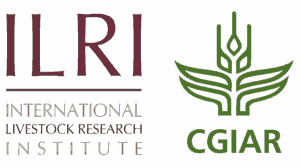
Work like this depends on your support
Help us work with communities to tackle some of the world’s toughest problems

